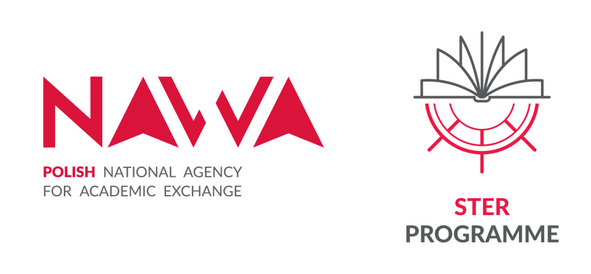Duration of the programme: 4 years (8 semesters)
Medium of instruction: English
Programme description:
The programme of Automatics, Electronics, Electrical Engineering and Space Technologies is aimed at teaching doctoral students research methodology, innovative and novel research techniques and measurement methods, as well as the methods of implementing work results and creative problem solving. The programme comprises obligatory and facultative courses related to the discipline, as well as lectures by visiting professors from related research fields, and enables deepening knowledge in various areas - microwave technology, microelectronics, computer measurement and diagnostic systems, automation and robotics, power electronics and electric drives, and optoelectronics. The most important topics covered by the programme are electronic and integrated systems, signal and image processing, mechatronics, sensors, diagnostics, electromechanical energy conversion, electric drives and photonics. At doctoral school PhD candidates develop competences in the field of signal processors and programming of systems, sensorless control, measurement systems and networks, estimation of electric motor speed, torque and flux, use of Lagrange’s methods for electromechanical models and finite element method techniques used for solving complex problems of various engineering branches.
This program allows PhD students to gain experience in the implementation of research and development, enabling them to develop their own ideas and concepts.
Career opportunities:
Graduates of the doctoral school in the discipline of Automatics, Electronics, Electrical Engineering and Space Technology will have extensive knowledge and professional skills that will provide a universal view of information technologies. Graduates of the school will be qualified to work in industry, in the ICT sector, research and development units, as highly qualified specialists. They will be prepared to continue their research in the academic environment.
Key words:
- Electronics
- Automation
- Microelectronics
- Optical fiber technique
- Photonics
- Robotics
- Electronic systems
- Integrated circuits
- Optoelectronics
- New technologies
- Innovation
- Nanomaterials
- Energy conversion for renewable energy sources
- Electromobility
- Power electronics and electric drives
- Electrified transport
Research areas:
- Electronic, optoelectronic, microelectronic and embedded systems
- Power electronics, energy conversion and power system engineering
- Automation, robotics and biocybernetics
- Signal processing, artificial intelligence and numerical simulations and modelling
- Microwave and antenna engineering, sensors and energy conversion devices



